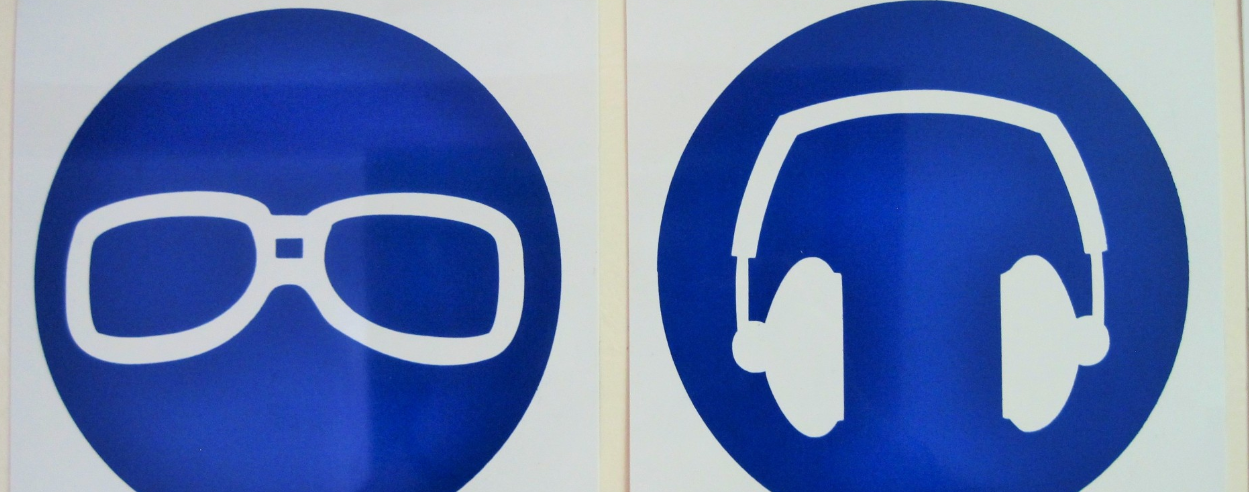Funfair Health and Safety FAQs | Standards, Checks, Weather & Guest Protection
Funfair Health and Safety FAQs

At We Are Tricycle, health and safety comes first. All our fairground rides, funfair side stalls and even event catering units are delivered, assembled and operated by trained professionals. Every attraction is regularly tested under the ADIPS scheme, with risk assessments and method statements available on request. Here are the answers to the most frequent questions we receive about safety at the fairground.
Risk Assessments & Operations
Emergencies & Special Cases
Quick FAQs
- Do you perform site visits?
- Yes. We check access, ground conditions and power before confirming suitability.
- Are daily checks visible to the public?
- Operators record inspections each day before rides open. Logs are available for review.
- What clothing should guests wear?
- See What to wear and prepare for a day at the fairground for guidance on comfort and safety.